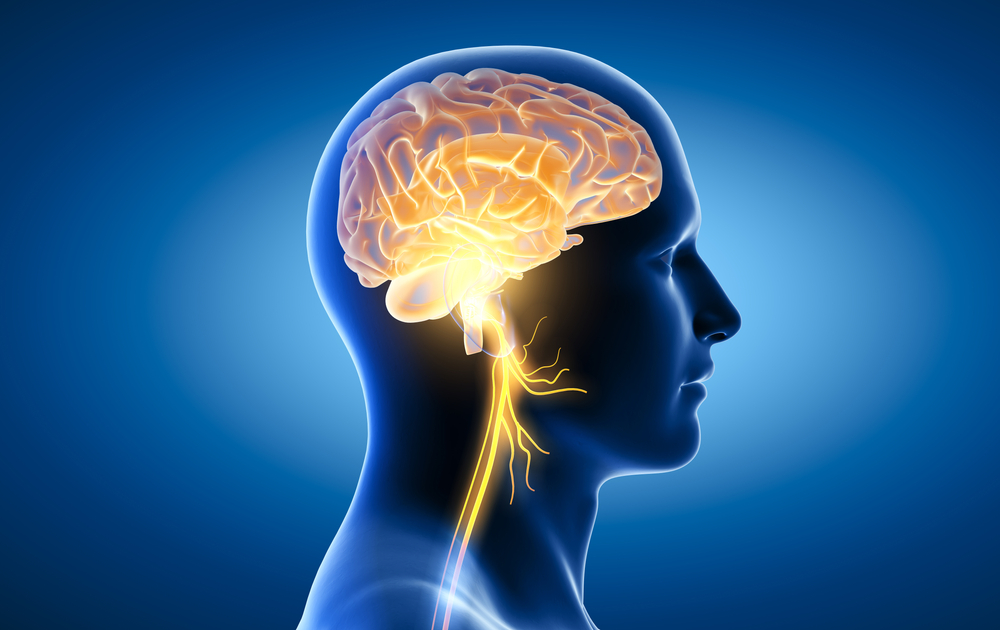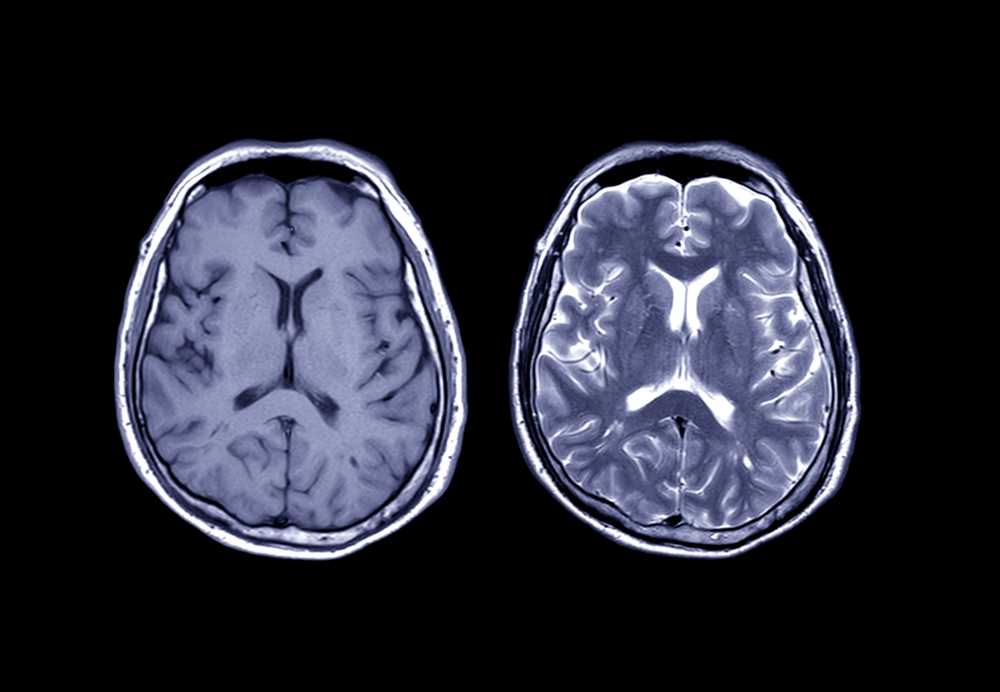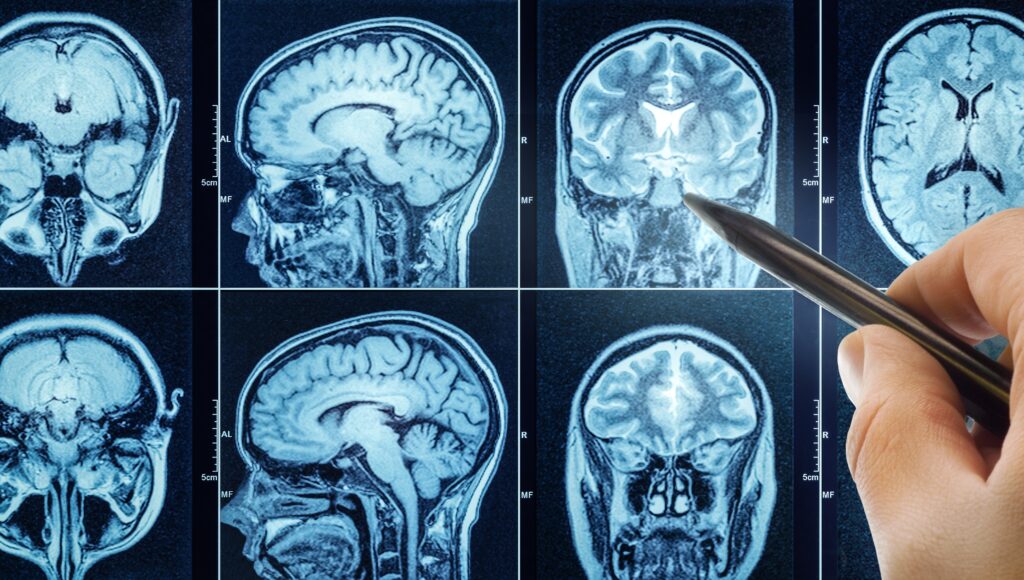Researchers Find Higher Intelligence is Correlated With Left-Wing Beliefs and Seems to Be Genetic

What if your political beliefs weren’t entirely your own? What if the ideas you fiercely defend, the causes you champion, and even the leaders you gravitate toward were shaped—not just by your upbringing or experiences—but by the silent architecture of your mind?
Imagine two siblings raised under the same roof, by the same parents, attending the same schools. Yet one ends up marching for climate justice while the other votes for stricter immigration policies. How does that happen? Is it just personality, peer influence, or media consumption? Or is there something deeper at play—written not in ink, but in genes?
Recent research suggests that our intelligence—both how we think and how we’re genetically wired to think—may influence our ideological compass more than we realize. And while that might sound unsettling or even controversial, it invites a powerful question: are we choosing our beliefs, or are our beliefs choosing us?
The Hidden Drivers of Belief
It’s comforting to believe that our political beliefs are purely a reflection of our values, logic, or lived experiences. That we support what we support because we’ve thought it through, weighed the facts, and chosen wisely. But science is beginning to peel back another layer—one that suggests our political orientation may be shaped, at least in part, by cognitive traits embedded deep within us.
This isn’t about brainwashing or genetic determinism. It’s about patterns—subtle yet measurable correlations between how we process information and the ideologies we’re drawn to.
For decades, political scientists and psychologists have studied how personality traits influence beliefs. One of the most consistent findings is that people who score higher in “Openness to Experience”—a trait associated with creativity, curiosity, and comfort with complexity—are more likely to hold liberal views. Now, new research is going further, exploring how general intelligence, both measured (through IQ) and inherited (via genetic markers), may play a similarly predictive role.

The study in question, led by researchers at the University of Minnesota, wasn’t content with surface-level associations. It dug into the roots of belief by examining over 300 families, including both biological and adoptive siblings. The key design choice? A within-family comparison. By analyzing how siblings—raised in the same household—differed in both intelligence and political outlook, the study controlled for many of the usual suspects: parenting styles, socioeconomic status, cultural background.
And what it found was compelling: the smarter sibling, whether measured by traditional IQ or by genetic indicators known as polygenic scores, was more likely to lean left—favoring progressive values, social equity, and civil liberties, and resisting authoritarian ideologies.
These findings challenge the common assumption that ideology is purely a product of nurture. Instead, they suggest that part of what drives our beliefs might stem from how adept we are at navigating nuance, ambiguity, and abstract reasoning—cognitive abilities closely tied to intelligence.
How Intelligence Was Measured and Analyzed

Behind every bold claim in science lies the quiet rigor of method. To say that intelligence is linked to political beliefs isn’t just provocative—it demands extraordinary evidence. That’s exactly what researchers at the University of Minnesota set out to provide, and their approach is what sets this study apart from the speculative headlines we often scroll past.
The study was part of the long-running Sibling Interaction and Behavior Study (SIBS) and involved over 300 families, including both biological and adoptive siblings. Why adoptive siblings? Because they offer a rare natural experiment: children raised in the same environment, with the same rules and resources—but without shared genetics. Comparing their outcomes to those of biological siblings helps isolate the influence of nature from nurture.
To assess intelligence, the researchers used two distinct yet complementary tools:
- Phenotypic IQ: Traditional cognitive testing that evaluates reasoning, memory, and problem-solving abilities.
- Polygenic Scores: A cutting-edge genetic measure derived from genome-wide association studies (GWAS). These scores aggregate tiny effects from thousands of DNA variants statistically linked to traits like educational attainment and cognitive performance.
By pairing these two approaches—observable intelligence and genetic propensity—the researchers captured both the expression and the foundation of cognitive ability.
But the real strength of this study lies in its within-family design. Rather than simply comparing unrelated individuals across society (which can be confounded by differences in income, education, or community norms), the study compared siblings within the same household. This design acts like a scientific magnifying glass, controlling for shared environment and focusing on what makes individuals within a family diverge.
Participants’ political beliefs were measured along six dimensions, including:
- Political orientation (left vs. right)
- Authoritarianism
- Egalitarianism
- Social liberalism
- Fiscal conservatism
- Religiousness
Using robust statistical controls, the researchers found a consistent pattern: both IQ scores and polygenic scores significantly predicted more liberal, less authoritarian beliefs—even after accounting for socioeconomic variables.
What the Data Says: Intelligence and Left-Leaning Beliefs

The study’s results, spanning six political dimensions, reveal a striking pattern. Participants with higher IQ scores and those with higher polygenic scores for cognitive ability were significantly more likely to support socially liberal values. They showed greater openness to egalitarianism, lower tendencies toward authoritarianism, and more progressive views on issues like civil rights and social equity.
What makes this finding particularly compelling is that it held true even after researchers controlled for a host of environmental factors—education, income, parenting, and religious background. This wasn’t just a case of wealthier or more educated individuals leaning left. It was about cognitive capacity itself—how someone thinks, not just what they’ve been taught to think.
Even more telling, the effect emerged within families. Siblings who grew up under the same roof, exposed to the same conversations and conditions, diverged in their beliefs based on differences in cognitive ability. In essence, the smarter sibling—whether by IQ or genetic indicators—was more likely to lean left.

This doesn’t mean that all intelligent people are liberals, or that conservatives are less intelligent. Intelligence is not a moral ranking system. Rather, it suggests that people with higher cognitive capacity may be more comfortable with complexity, more willing to challenge traditions, and more inclined to consider abstract principles like justice and equality when forming their worldview.
The genetic component adds another layer. Polygenic scores, derived from thousands of small genetic markers linked to cognitive traits, are not ideological in themselves. But when researchers mapped them against political attitudes, they found consistent alignment with liberal values. This strongly suggests that the capacity to think analytically and tolerate ambiguity—both linked to intelligence—may predispose individuals to engage with progressive ideas.
Still, the study authors caution against overreach. Intelligence may influence belief, but it does not dictate it. Culture, emotion, experience, and context all play crucial roles. As lead researcher Tobias Edwards pointed out, “There is no law saying that intelligent people must always be supportive of particular beliefs or ideologies.”
And history reminds us: some of the most brilliant minds have supported ideas we now consider dangerous or absurd. Intelligence offers a sharper lens—but it doesn’t always guarantee a clearer vision.
Beyond the Numbers: Cognitive Styles and Political Psychology

One of the most researched cognitive distinctions between liberals and conservatives is the difference between reflective and intuitive thinking. Liberals tend to engage more in reflective thinking—a deliberate, analytical style that questions assumptions and considers alternatives. Conservatives, on the other hand, often lean on intuitive thinking, which is faster, emotionally driven, and rooted in tradition and immediate social cues. Numerous studies using the Cognitive Reflection Test (CRT) have shown that those who score higher—indicating more reflective thought—are more likely to espouse liberal social attitudes.
Another major factor is openness to experience, a personality trait strongly associated with both intelligence and liberalism. People high in openness are naturally curious, more comfortable with uncertainty, and inclined to explore abstract ideas. This psychological trait aligns closely with liberal values like diversity, change, and questioning authority. It also overlaps significantly with cognitive traits associated with intelligence, such as abstract reasoning and tolerance for ambiguity.
Neuroscience adds another layer. Brain imaging studies have found structural and functional differences between liberal and conservative brains. Liberals tend to have more gray matter in the anterior cingulate cortex, a region linked to processing complex information and resolving cognitive conflict. Conservatives, meanwhile, often show more activity in the amygdala, a region involved in fear processing and threat detection. These differences may influence how each group responds to social change, perceived risk, and moral dilemmas.
Even our moral foundations diverge. According to Moral Foundations Theory, liberals prioritize care and fairness, while conservatives emphasize loyalty, authority, and purity. These foundations shape how each group interprets policies, rights, and responsibilities—and cognitive style plays a major role in how these values are prioritized and justified.
It’s also important to note that complexity is domain-specific. Liberals may demonstrate higher complexity in moral or social issues, while conservatives may show similar levels of complexity in economic or national security matters. This suggests that cognitive style isn’t about being “smarter” but about where that intelligence is directed and how it’s processed.
Finally, emotional intelligence—the ability to recognize and manage emotions in oneself and others—has also been linked to political orientation. Studies have found that lower emotional intelligence correlates with more prejudiced or rigid beliefs, which are often associated with right-wing ideologies. While not directly related to IQ, emotional intelligence is often higher in individuals with advanced cognitive functioning, again pointing to a broader pattern of how intelligence can shape worldview.
What emerges from this psychological landscape is not a judgment, but a mosaic. Intelligence doesn’t just give us better answers—it gives us the tools to tolerate uncertainty, wrestle with complexity, and empathize with unfamiliar perspectives. And in a rapidly changing world, those traits often align with left-leaning ideologies.
Nature, Nurture, and the Complexity of Belief

When it comes to political beliefs, the answer isn’t either/or—it’s both, layered together like sediment over time. But what makes the University of Minnesota study so groundbreaking is how clearly it shows that intelligence—and specifically, the genetic component of intelligence—can shape political ideology, even when environmental factors are held constant.
Here’s why that matters: most of us assume that our political leanings stem from our upbringing, our education, or the communities we belong to. And those influences are real. But this study used adoptive families, where siblings share a home but not genetics, to separate nurture from nature. The researchers also used within-family comparisons—biological siblings raised in the same environment but differing in intelligence—to isolate cognitive ability as a factor.
In both cases, the results held steady: the sibling with higher measured IQ or a stronger polygenic score for cognitive performance tended to lean more liberal and less authoritarian. This suggests that the roots of political belief run deeper than shared dinner-table debates or school curricula. They extend into the ways our brains naturally engage with complexity, change, and abstract moral reasoning.
But it’s crucial not to interpret this as a deterministic script. Genetic predisposition isn’t fate—it’s probability, not prophecy. Intelligence may increase the likelihood of someone leaning left, but it doesn’t eliminate the possibility of a highly intelligent person becoming deeply conservative—or vice versa. In fact, history is filled with brilliant thinkers on all sides of the political spectrum.
As political psychologist Jonathan Haidt has emphasized, moral and ideological positions are shaped by a complex interplay of intuition, reason, and social influence. Genetics might nudge us in a certain direction, but experience, culture, trauma, education, and even chance encounters still play pivotal roles.
In some cases, intelligence may even amplify environmental influence. A smarter person may be better at justifying the beliefs they were raised with, or at navigating ideological complexity in a way that aligns with their community’s values. Intelligence provides tools—but the way we use those tools depends on the stories we inherit and the ones we choose to believe.
The broader point is this: political belief isn’t simply chosen. It’s not purely the outcome of rational calculation or blind conformity. It’s a dance between biology and experience, between the brain’s architecture and the soul’s journey.
What This Means for You (And Us as a Society)
So what do we do with all this?
It’s tempting to reduce it to a headline: “Smart people are more liberal.” But that misses the point—and the power—of what this research truly offers.
The real insight isn’t about winners or sides. It’s about self-awareness.
If intelligence can subtly guide our political leanings, then perhaps the choices we believe are entirely our own are, in part, reflections of how our minds are wired to process the world. That realization isn’t limiting—it’s liberating. Because the moment we understand that belief is shaped by biology and experience, we can stop assuming others are simply ignorant or evil for seeing things differently. We can start asking better questions, not just making louder arguments.
This matters now more than ever. In an age where division is profitable and outrage is addictive, we often forget that our differences in ideology might stem from differences in cognition, not just values. That doesn’t mean we excuse harmful beliefs—but it does mean we approach disagreement with more depth, and maybe even compassion.
For you, the reader, the call isn’t to change your beliefs, but to understand them. To ask yourself:
- Why do I believe what I believe?
- What shaped the lens I see the world through?
- Am I engaging with ideas to protect my identity or to pursue truth?
And when you look at others—those who vote differently, think differently, live differently—pause before judging. Ask: What shaped them? What experiences, what wiring, what pain or promise led them there?
The more we understand about how we think, the more intentional we can be about what we think. Intelligence may tilt us in a direction, but wisdom is found in what we do with that tilt—whether we double down on dogma or open up to dialogue.
So let this be a quiet invitation, not a final conclusion. An invitation to look inward with honesty and outward with curiosity. Because maybe the most intelligent response to our divided world isn’t to prove we’re right—but to seek to understand why we’re all so different, and yet still trying to belong to the same human story.
Loading...

